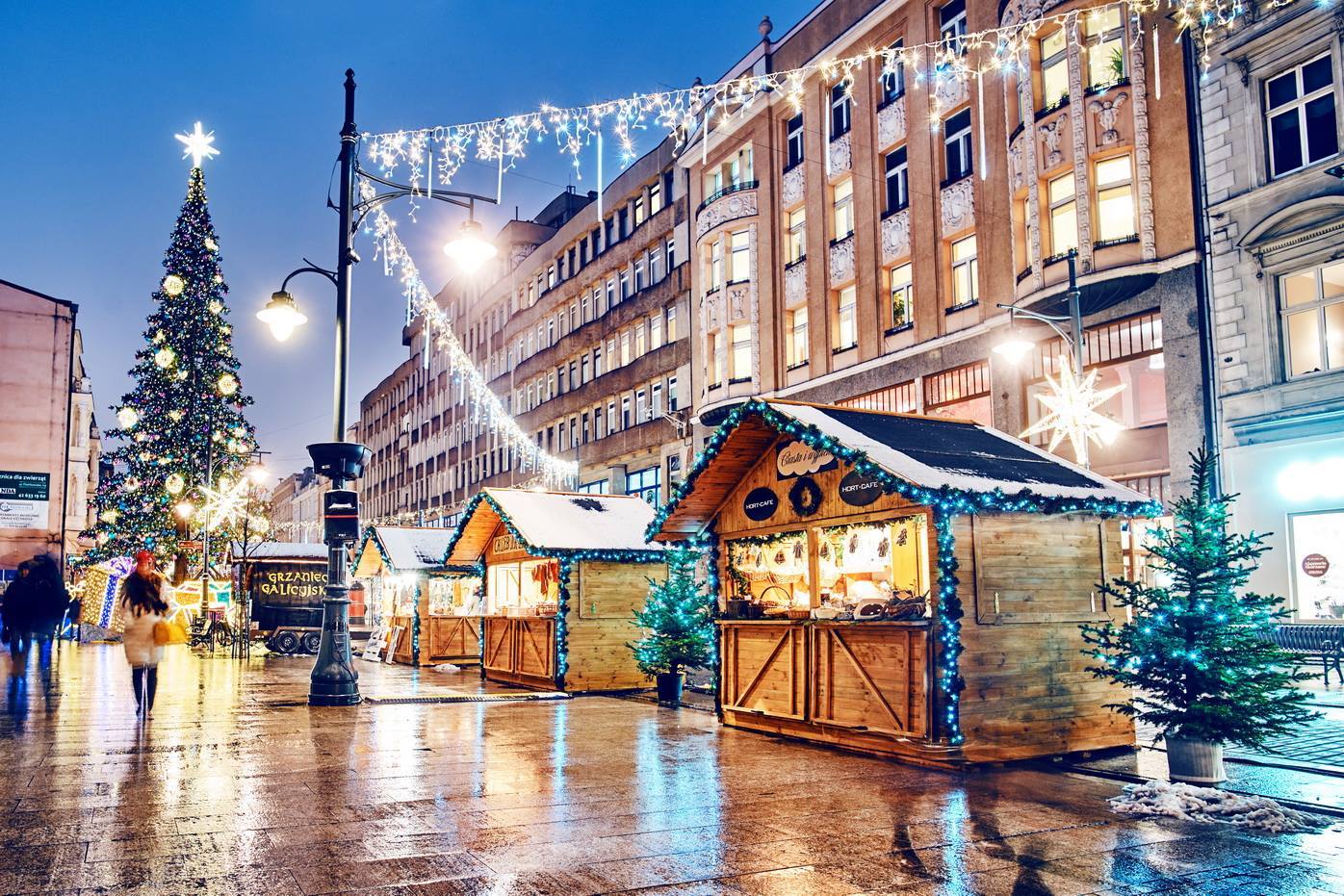
A City of Markets
If there's one thing Łódź does well, it's Christmas markets! There are a few in the city that turn the modern industrial surroundings into a magical land of twinkling lights and warm food. Though these market dates haven't been announced yet (check back here!) they generally open the last Saturday of November or first Saturday of December and run all day (11 a.m. to 7 p.m.) but once again, check back when we're fully in November for up-to-date times and dates.One must-stop-by is Manufaktura which hosts a yearly Christmas Market and ice-rink in their main square! It'll look fantastic and what's more Christmas-y than skating with a significant other (or a friend or just yourself!) under the twinkly lights! What else can you expect in Łódź during Christmas and New Year? No doubt there will be plenty of illuminations and decorations to enjoy, as well as some tasty food and warm wine.
Another beloved market is the yearly one held on Piotrkowska Street, which promises a whole pedestrian walkway adorned with lights, lined with stalls serving food, drinks and presents, and decorations galore (the smells of hot chocolate and melting cheese are pure Christmas magic). Don't be surprised to find plenty people stopping to take the perfect picture right in the middle of it all.
Here, we definitely suggest checking out their food options, which are robust, with Georgian, Polish, Ukranian and other international cuisine along with cheese, olives, tea, honey and much more. Plus, there's traditionally an elf village for the kids and live music for everyone.
Finally, there are some "maybes" when it comes to new markets in the city. This year, two public spaces were revitalized in Łódź. One was Stary Rynek (the Old Town Square) which opened with shopping options, new trees and greenery, and benches earlier this year.
The other is Pl. Wolności (Liberty Square), a former traffic circle that has been renovated to a public space, with greenery and benches (but still with the statue in the middle). As of October, whether either of these spaces will host a Christmas market this year remains to be seen (but we think it would be cool if they did) so, once again... Check back!
Say It Like a Local
"Wesołych Świat..."Veh-so-wick Shvee-ont (Merry Christmas…)
"...i Szczęśliwego Nowego Roku!"
...ee Shchen-shlee-vay-go No-vay-go Row-koo!
(...and Happy New Year!)
Advent
In contrast to western coca-cola cultures, Christmas in Poland is not a shameless celebration of consumerism. Here, the holiday season doesn’t kick off with slashed prices and stampedes outside department stores, but rather a sobering four-week period known locally as ‘Adwent’ during which Poles are expected to spiritually prepare for Christ’s coming by refraining from indulgences like partying, dancing and drinking (to what extent this is observed remains to be seen). They are also encouraged to help the less fortunate, and, of course, to attend Catholic mass as much as possible. How strictly these church-established guidelines are followed is entirely up to the individual, and having a look around town you’d hardly guess the holidays were a time of self-restraint and supposed prohibition. But it does go to underline the fact that in comparison to the west, Poland really puts the ‘Christ’ in Christmas; here ‘capturing the holiday spirit’ traditionally denotes an embodiment of Christian ideals.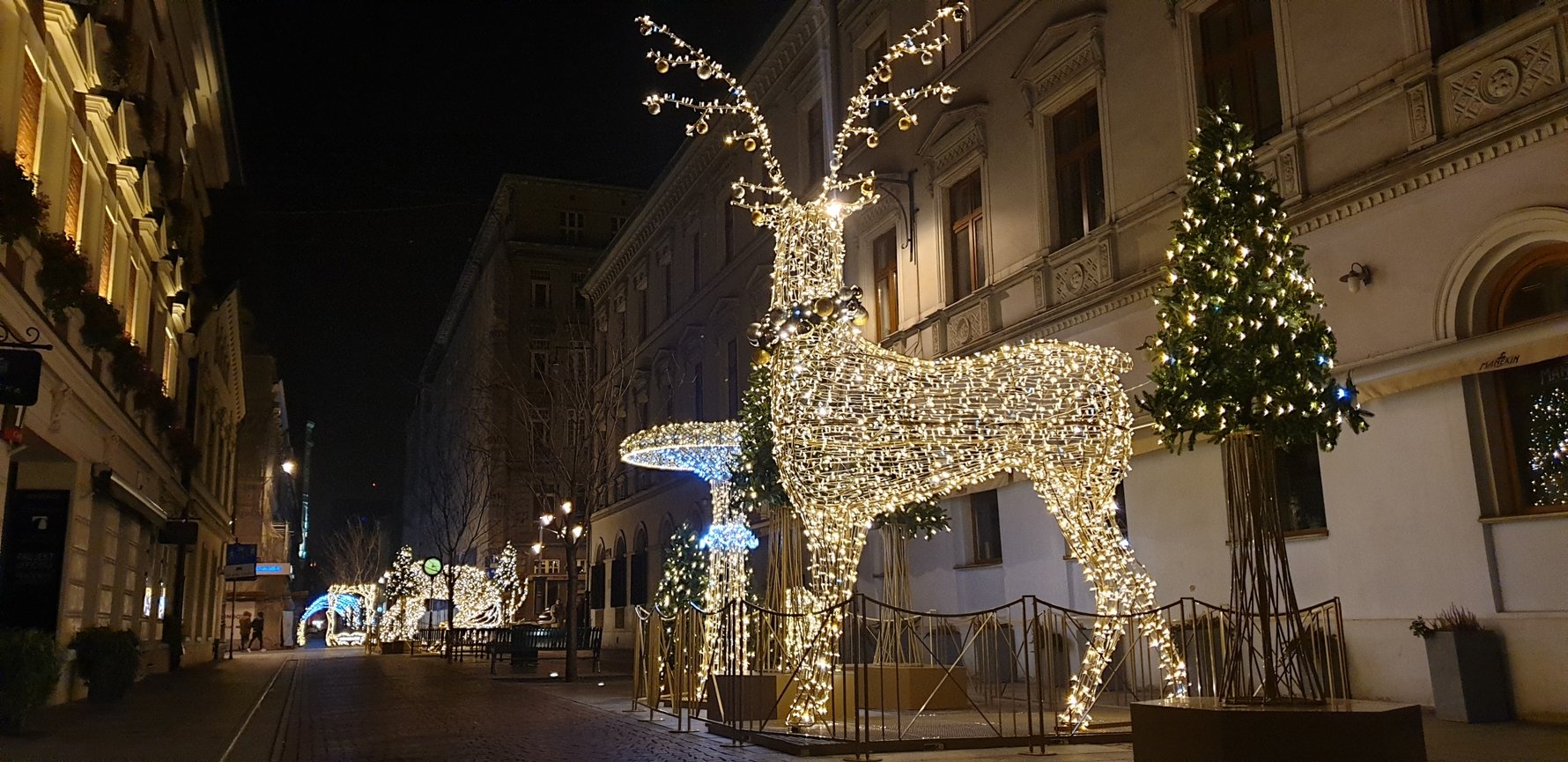
Saint Nicholas Day
With Christmas Day reserved for family and busy with the celebration of Christ, seasonal gift-giving chores have been mostly out-sourced to Saint Nicholas (Święty Mikołaj) who unofficially gets the holiday season started when he comes three weeks earlier on December 6th – ‘Dzień Świętego Mikołaja’, or Saint Nicholas Day. In Polish tradition, Ol’ Saint Nick (or ‘Mick’ as the case may be) isn’t a portly pipe-smoker who lives at the North Pole, but an actual dignified saint who comes down from heaven in a rather regal purple and gold robe and bishop’s hat, carrying a crosier (you know, one of those staffs shaped like a candy-cane) on the anniversary of his death. Exact traditions vary regionally to some degree; in southern PL, for example, in the run-up to Dzień Świętego Mikołaja eager children write letters to Saint Nicholas requesting the one, maybe two (if they’ve been really good) gifts they most desire that year and put the letter outside on the windowsill so the old codger can drop by and pick up their request during the night. On the 6th, Polish children awake to discover Mikołaj’s good graces with a gift under their pillow or next to the bed. In northern PL, December 5th sees children cleaning their shoes and leaving them by the door or window to await St. Nick’s, who fills them with sweets and candy.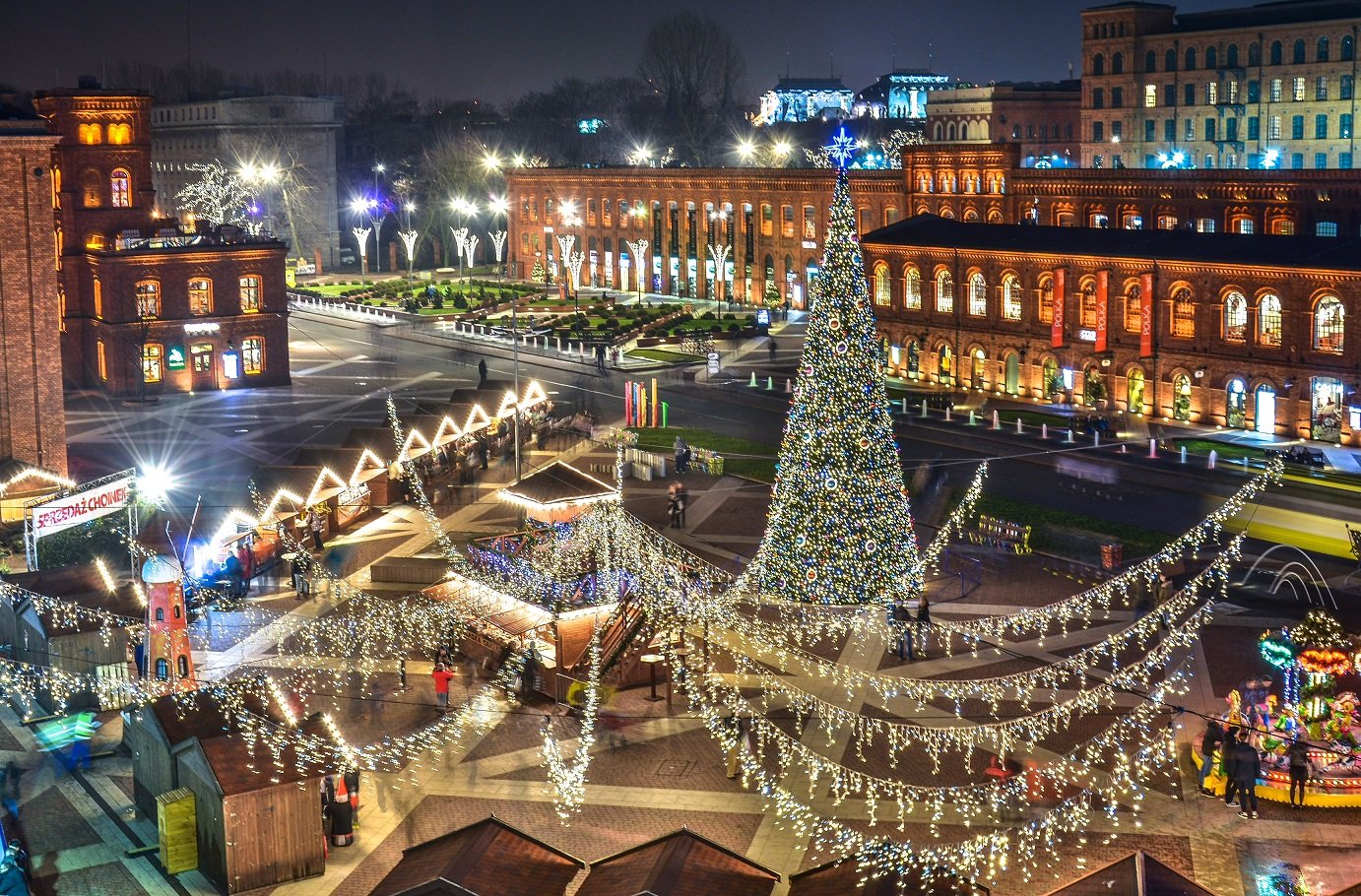
Christmas Eve
December 24th – or ‘Wigilia’ as it’s called in PL - is one of the biggest feast days of the year and an important time to be with family. As such, though Wigilia is not a work holiday you can expect virtually every shop in Poland to close early and stay closed until the 27th, so arrange accordingly. Once evening begins to fall it’s tradition that those gathered to eat the vigil feast together first share the blessed Christmas wafer, called opłatek. In an intimate (and potentially awkward if you don’t speak Polish) moment, each person goes to the others in turn, making a blessing for their happiness in the coming year, breaking off a piece of the other person’s wafer and eating it, then sealing the deal with a kiss (or three) on the cheek. Once that formality is out of the way, and the kids have spotted the first star in the sky, the feast can officially begin. Traditionally, bits of hay are spread beneath the tablecloth in honour of Jesus’ manger pedigree, and an extra place is set at the table in case of a visit by the ‘hungry traveller,’ Baby Jesus himself or a deceased relative (whoever arrives first).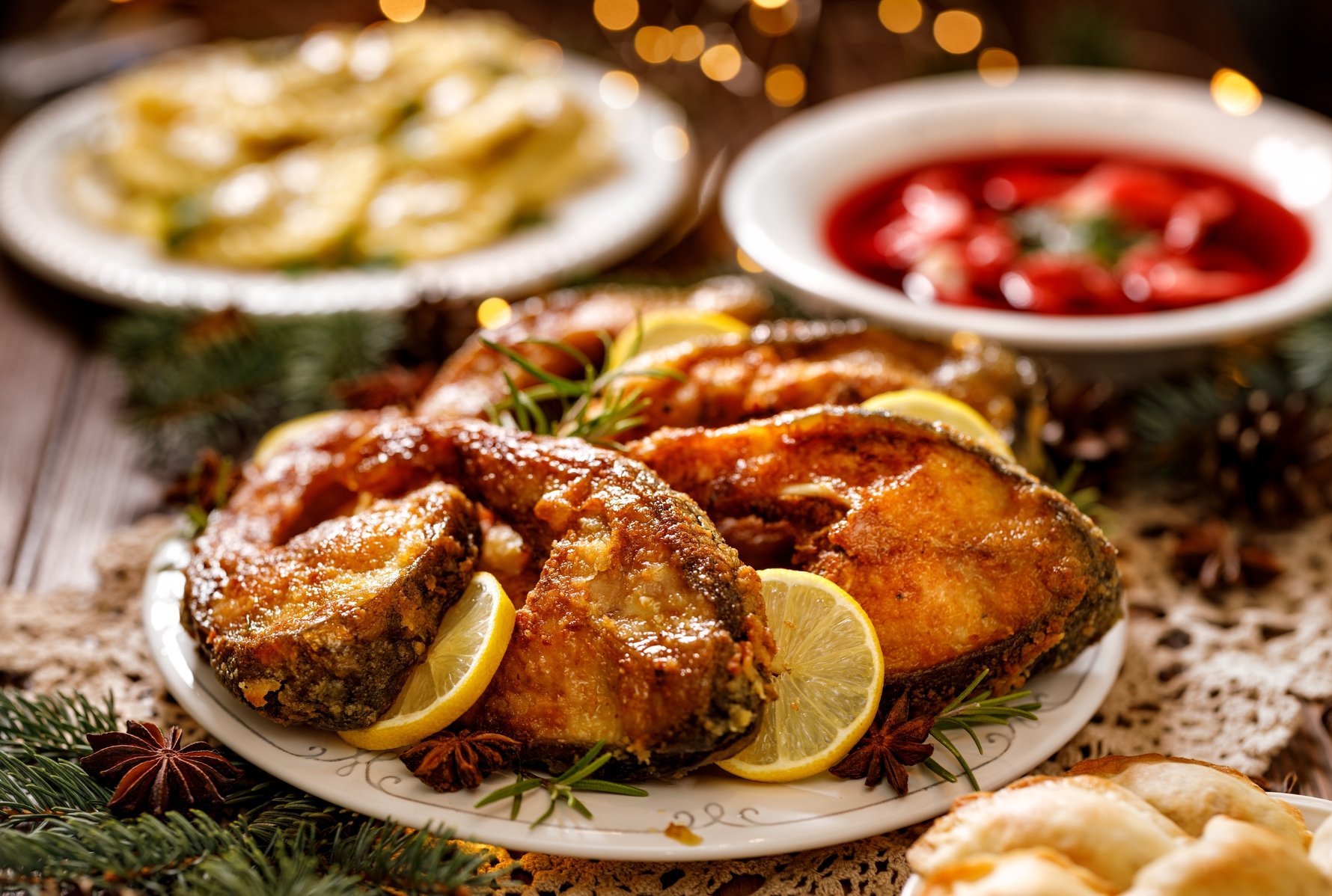
Dinner consists of a gut-busting twelve courses – one for each of Jesus’ disciples – and because it’s meant to be meatless, the main dish is traditionally carp, which apparently isn’t recognised as meat by Catholics (fish was Jesus’ favourite vegetable). In the days before Wigilia, large pools of carp – half writhing, half floating belly-up – can be found on the city’s squares waiting to be purchased and brought home to the family bathtub where they are kept until it’s time for the man of the house to carve the carp and serve it cold. ‘Smacznego’ (Bon Appetit). Other traditional dishes include żurek and barszcz – the traditional soups, poppy-seed pastries, herring in oil, pickles and an assortment of other Polish salads and sides. The meal concludes with a round of belt-unbuckling, carol-singing and gift-unwrapping after the revelation that during the feast an angel has laid presents beneath the Christmas tree (St. Nick also gets an off-day for Wigilia). Alcoholic abstinence is the Wigila tradition most commonly overlooked, however, at midnight, most families head out in the cold to attend pasterka, or midnight mass. It’s at this magical time that many believe animals are able to take on human voices.
Christmas Day
After morning mass, December 25th is reserved for visiting family and friends and a continuation of feasting (this time including meat and alcohol). While Christmas Day holds less importance and symbolism for Poles than Christmas Eve, it is still a public holiday and a time for family. Despite the gradual moves by many, particularly the younger generation, away from the Catholic church in recent years, Christmas is still viewed with more religious significance than you might expect in your own country and even those who might not attend mass on a regular basis still respect the traditions of the holiday period. As such, you can expect the vast majority of bars and restaurants to be closed on Christmas Day and the Second Day of Christmas (December 26th), though some businesses are beginning to break this Catholic code of conduct.New Year’s Eve
December 31st is known locally as Sylwester, and on this last night of the year, almost every bar, club, restaurant and hotel in Warsaw host an all-night New Year’s Eve bash. Unfortunately, you have to pay to play and it’s wise to plan where you want to spend your evening ahead of time since expensive tickets are required to enter most venues, and therefore pub crawling is not really an option.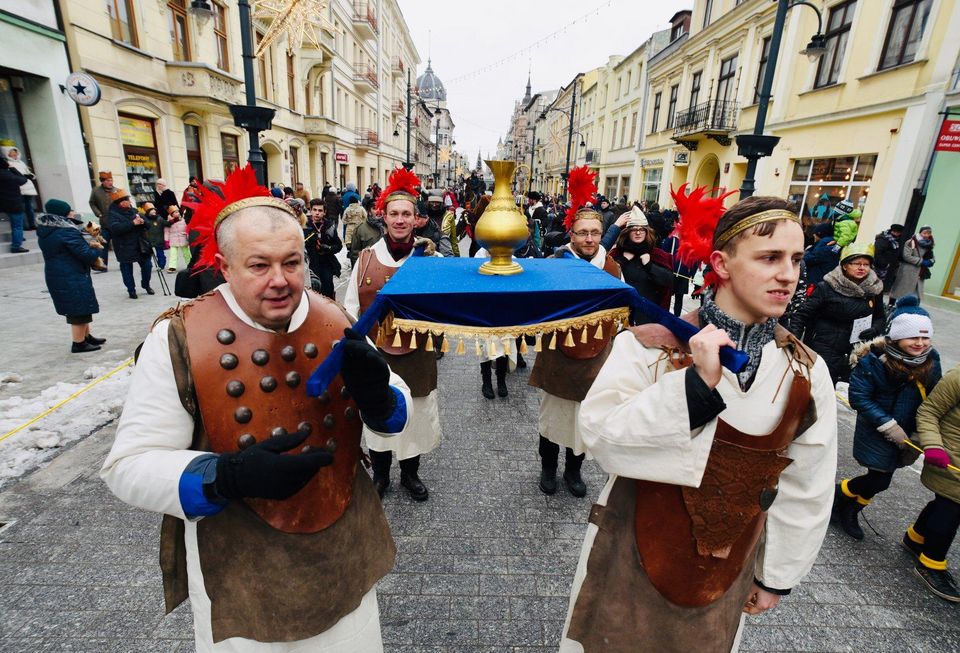
Three Kings Day
The spirit of the holiday season is kept strong across the country until January 6th – Three Kings Day or ‘Dzień Trzech Króli.’ A wholly Catholic holiday, Three Kings honours Kaspar, Melchior and Balthazar, the three wise men who visited Jesus at his birth. Celebrations range from small to grand but often include a parade welcoming the wise men, with characters passing out candy and children dressed in colours signifying Asia, Africa and Europe (the respective homelands of the wise men). Mass is also a compulsory part of the Three Kings holiday as well, with families picking up a piece of blessed chalk during the service that is taken home and used to write the year and the initials “KMB,” with a cross between each letter, above the front door. In some places this honour is reserved for a priest who visits during the holiday season, blessing the house for the coming year by inscribing the commonly seen ‘K + M + B 2023’ (for a small donation of course).This tradition is said to protect the family from sickness and misfortune for the year. Fun is also had during the day’s feast when a Three Kings cake is served with either an almond or coin baked inside. Whoever is fortunate enough to land the surprise slice is considered king (or queen) for the day and lucky for the rest of the year. If your cake – which varies by region and can be anything from sponge to fruitcake – is decorated with a crown the lucky almond-eater gets the honour of wearing it. An additional reason to celebrate: In 2011 Parliament officially restored the date as a non-working national public holiday in Poland for the first time since it was cancelled by the communists 50 years earlier, so there’s no need to go work!
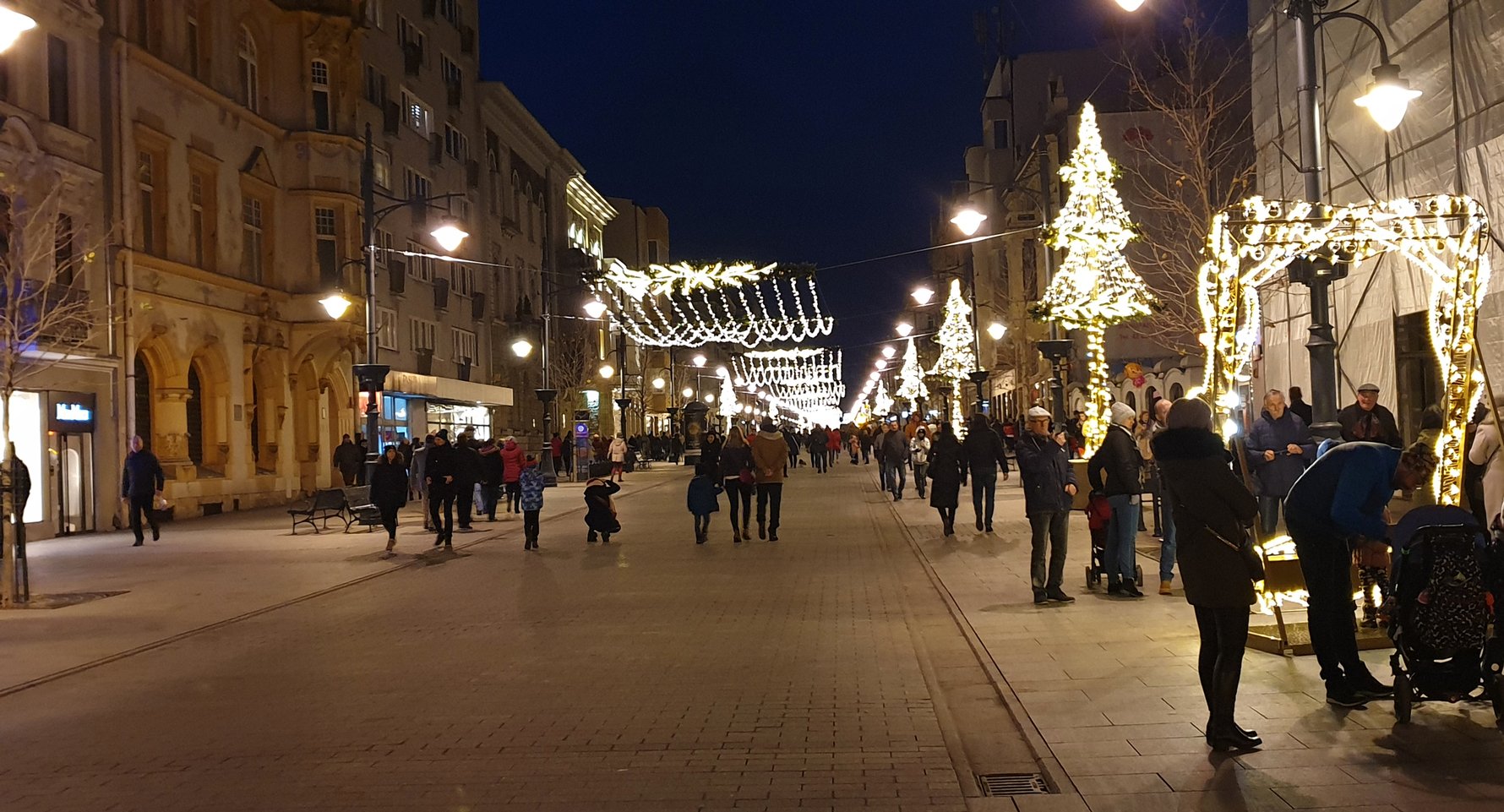
The Polish holiday season doesn’t actually officially wrap up until February 2nd when Saint Nick sees his shadow and it’s generally agreed that every family should toss its Christmas tree.


_m.jpg)
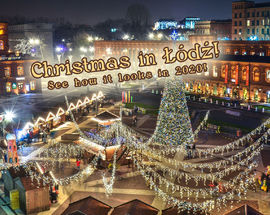
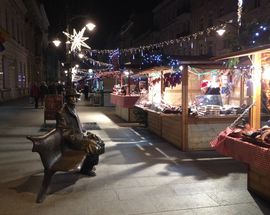
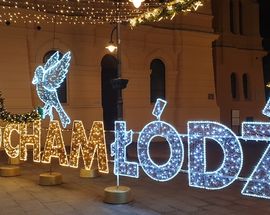
_m.jpg)
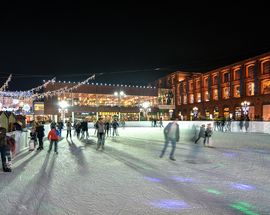
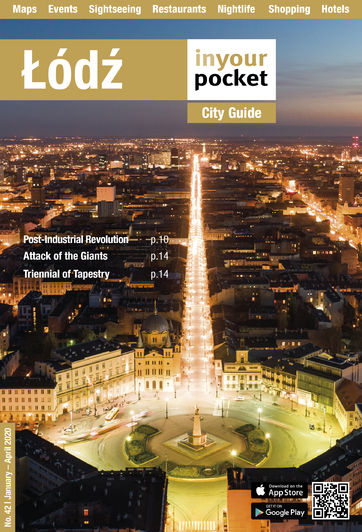
Comments